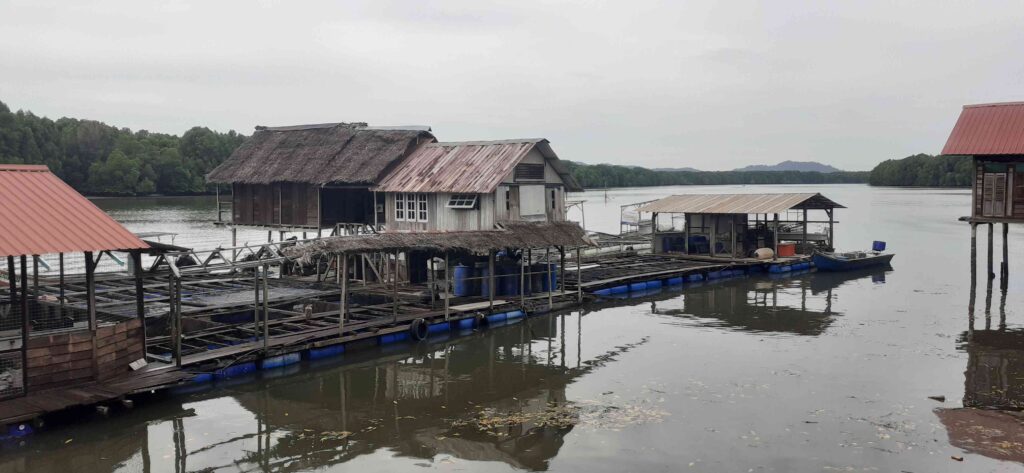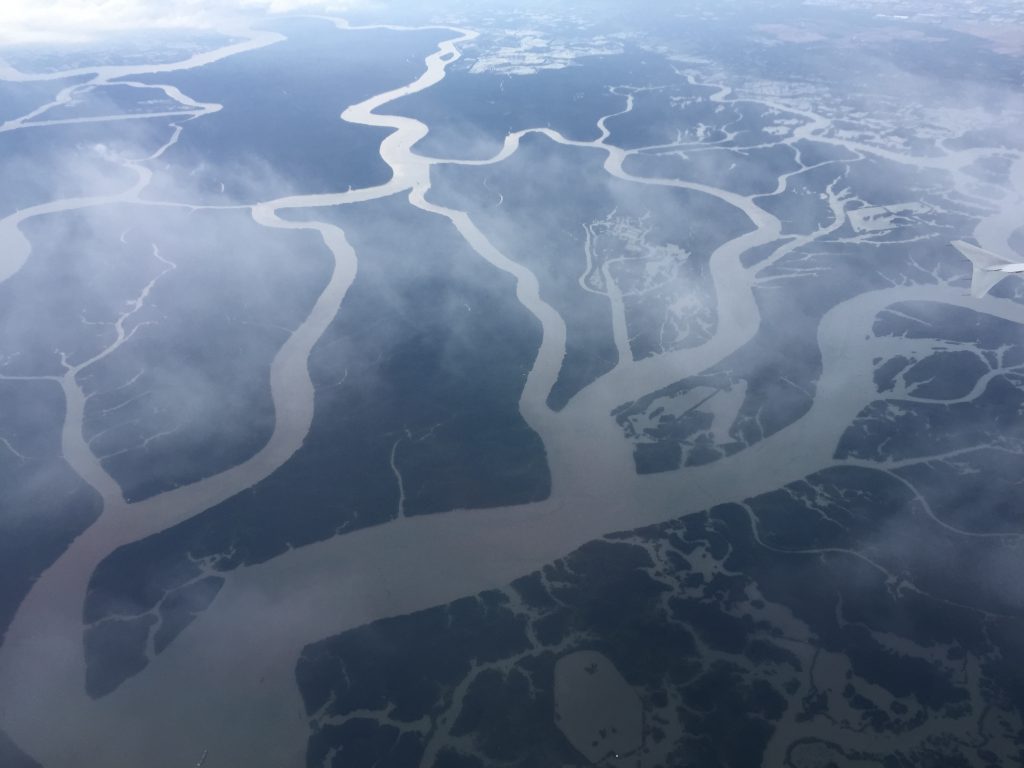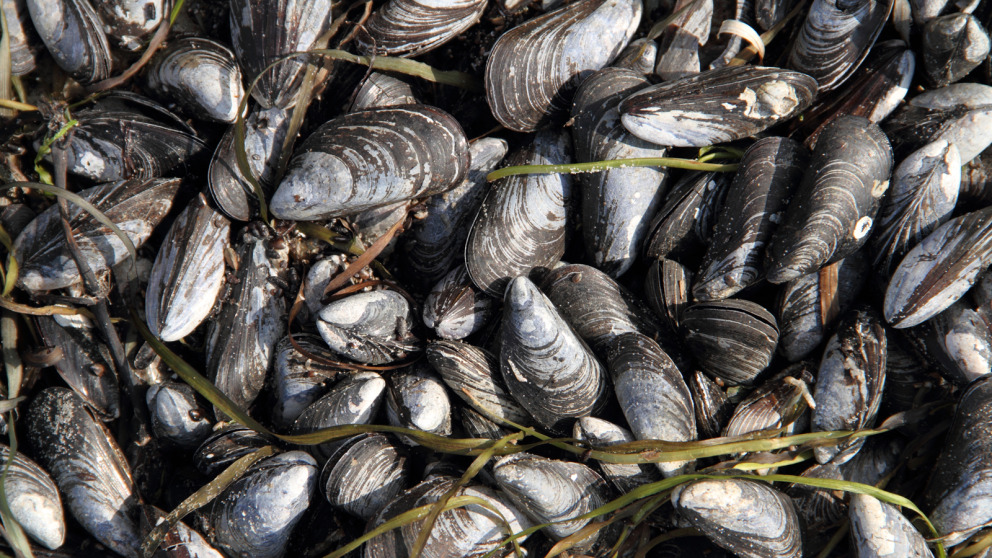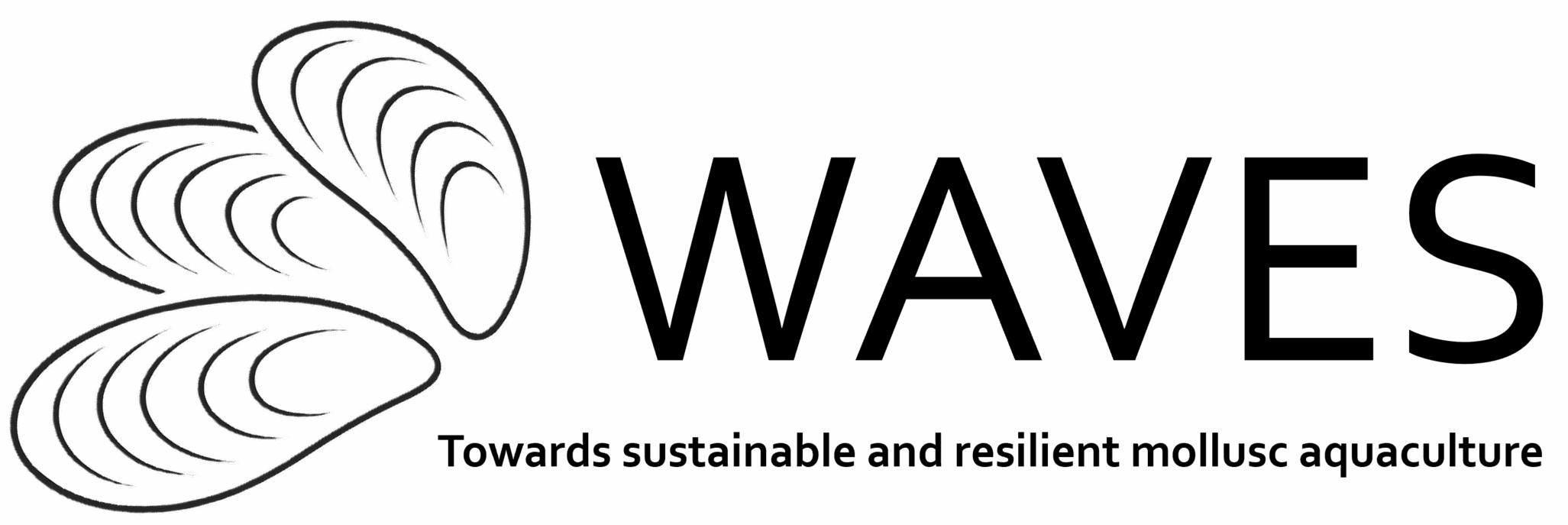About WAVES
The WAVES Consortium aims to improve mollusc farming, a vital industry for producing high-quality, low-carbon seafood. The project focuses on Viet Nam, Malaysia and Indonesia, addressing challenges like climate change, diseases and food safety.
Mollusc aquaculture produces 20 million tonnes live biomass annually that supports both marginal farming communities and a growing export trade. Asia hosts >95% of global activity with bivalves dominating production, mostly oysters, mussels, and clams. These non-fed species are inexpensive, offer a ‘low-carbon’ solution to high-quality nutritional security, and confer environmental benefits for biodiversity and seawater nutrient status.
By mapping current farming practices, developing predictive tools and supporting hatcheries, WAVES will help mollusc farming communities adapt to climate risks and ensure a reliable supply of high-quality seed. This effort will strengthen food security and improve livelihoods in the region.
Visit the News page to hear about our latest developments. You can also keep updated on new events and outputs on our Bluesky profile: @waves-molluscs.bsky.social — Bluesky
The WAVES Consortium is funded by UKRI through the project ‘WAVES: Working towards Adaptive and Versatile Environmental Sustainability in mollusc aquaculture’



